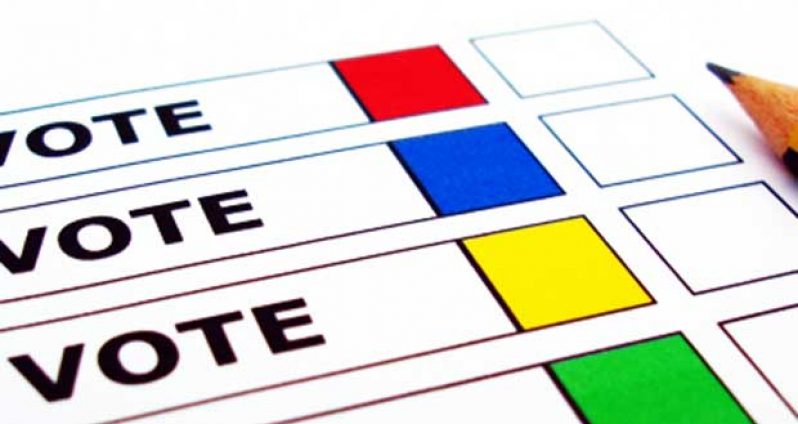By Dr. Prem Misir
There is general agreement that politics is about acquiring power and once acquired, the formation of a government constitutes the next solemn act as well as the sustainability of this power. There is probably general agreement, too, that a government’s primary responsibility is to meet the needs of the poor and vulnerable; to satisfy the interests of the working class; to pay more attention to human development than to quantifying statistics on economic indicators; and to become global. In essence, governmental performance is the name of the game at any election because the electorate has to evaluate this performance.
As Guyana now moves closer to the next General and Regional Elections in a few months’ time, the people will make their own judgments on how well the ruling People’s Progressive Party/Civic (PPP/C) is executing its responsibilities in relation to improving the lives of the working class. The people will also issue a pronouncement on the other political parties (challengers) contesting the elections, that is, what they have in store to offer the working class that would significantly enhance its human development. And so, if the electorate perceives its performance positively, the PPP/C could start off on the campaign trail with an advantage as the incumbent.
How important is incumbent advantage? Applying Kramer’s model (1), the PPP/C’s platforms (issues) is its performance or current record, so given that voters believe in any proposed political policy, the challengers will try to present to the electorate issues that will outdo the PPP/C’s performance in government; further, if any incumbent recognises that it has no chance of winning the election, then it may pursue its own private interests while in office, instead of executing what it pledged during the election campaign; and so, voters will not take the challenger seriously, as they may assume that if it also wins office, the possibility exists that it will do its own thing and disregard voters’ preferences.
But these arguments come from the pure theory of electoral competition that hypothesizes that voters vote for the candidate whose issues they prefer; the theory does not consider other strategies or decisions that voters make, and in this situation, the big decision the voters may have to make is not about issues, but to decide whether or not to vote (2). In fact, to explain voters’ reasons to vote as having merely to do with choosing between two parties’ issues, assuming the election involves only two contestants is simply not the full story. There is more to a voter’s decision to vote, especially in Guyana, where about two-thirds of the population is under age 35.
The essence of the voters’ decision may lie more in the question, “But what have you done for me lately?”; and so in interpreting this question, it seems that voters vote partly on the basis of the performance of the government, and that the evidence that voters vote on issues in a campaign is unconvincing (2). Challengers in an election, therefore, are at a disadvantage, since voters make their minds up on their perceptions of the government’s performance, not on issues. That is an incumbency advantage which the voters control vis-à-vis their evaluation of the government’s performance.
This performance evaluation is an advantage to the government because it is the government that determines its own scope and deliverables for public consumption and human development. The challengers, by definition, are not in power, so they cannot execute scope of work and achieve deliverables.
There is another form of voter control which is to the government’s advantage. Most governments have two policy instruments – frontline policy and secondary policy (3) – for which many voters have mixed preferences, and also, many voters may have no interest in the secondary policy; nonetheless, there may be a small group of voters referred to as single-issue voters who have greater interest in the secondary policy than in the frontline policy.
And in a tight election, single-issue voters may be strategic to winning an election, so it may be a good for ruling politicians to embrace the single-issue voters’ secondary policy. That is how voters can exert control over politicians. But again, the secondary policy execution is legitimately within the governmental environment, giving the government another incumbency advantage. There are other legitimate incumbency advantages available to the PPP/C Government.
The PPP/C Government has these two incumbency advantages outlined here, not on the basis of any unfairness, but on governmental achievements as part of its performance. Meanwhile, the challengers are still hooked on issue voting which inevitably will sustain them in the political wilderness.
References
1. Kramer GH. A dynamical model of political equilibrium. Journal of Economic Theory. 1977;16(2):310-34.
2. Ferejohn J. Incumbent performance and electoral control. Public choice. 1986;50(1):5-25.
3. List JA, Sturm DM. How elections matter: Theory and evidence from environmental policy. National Bureau of Economic Research, 2004.




.png)









